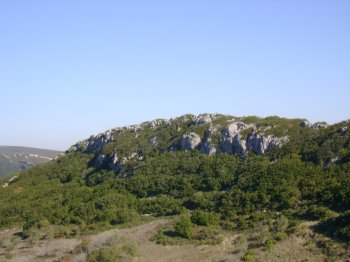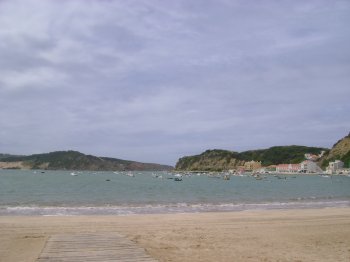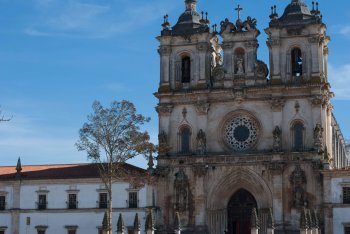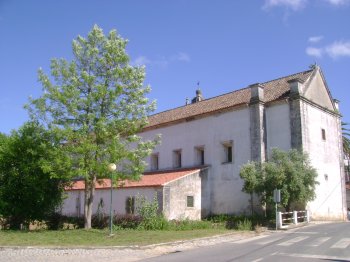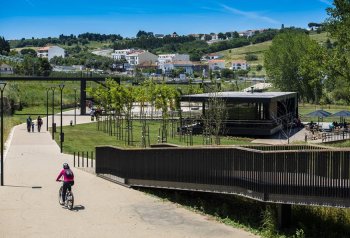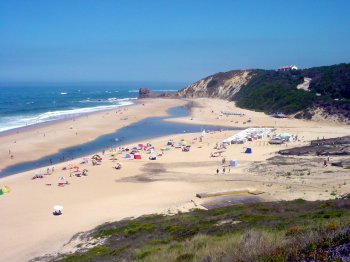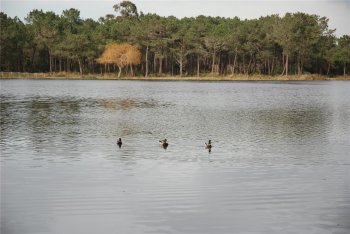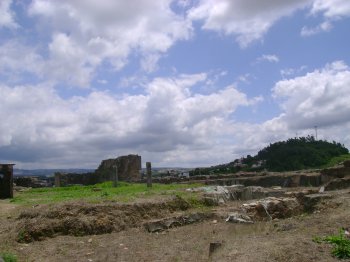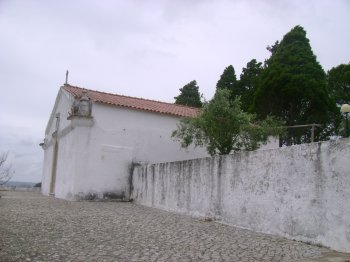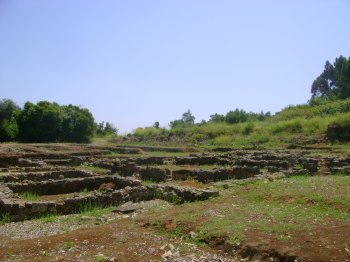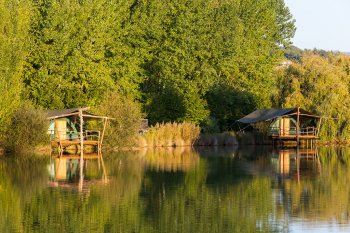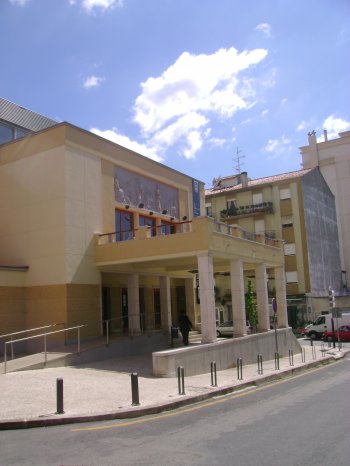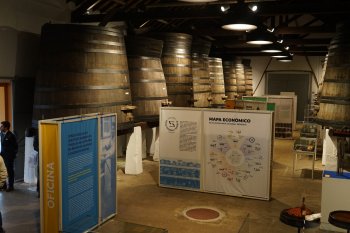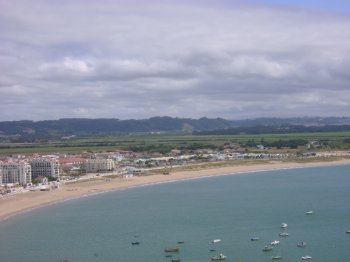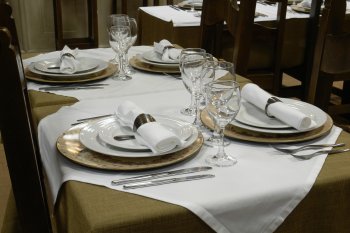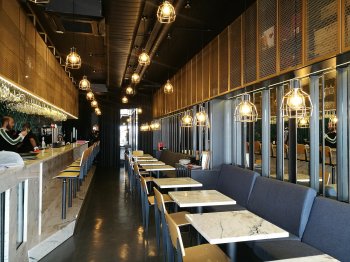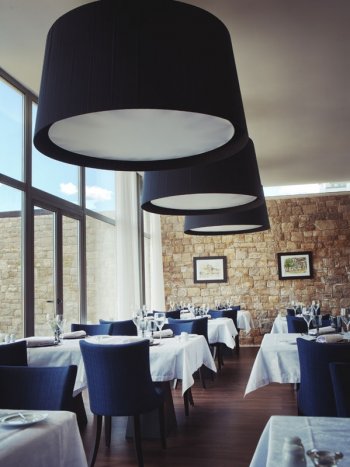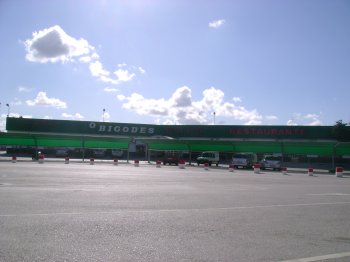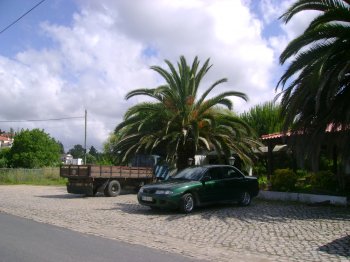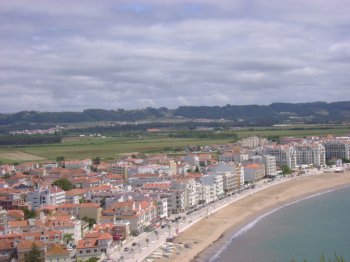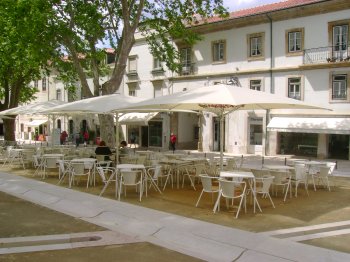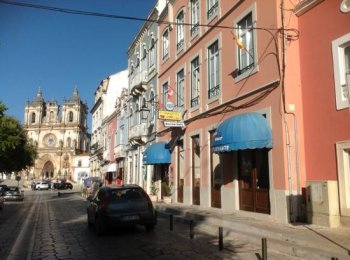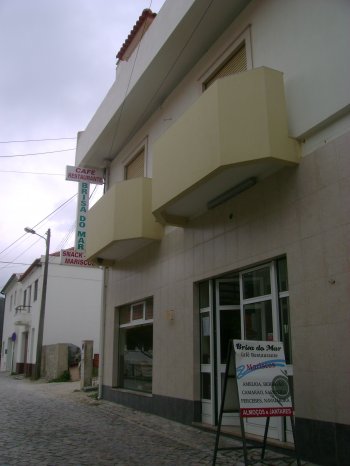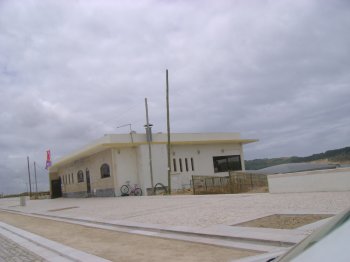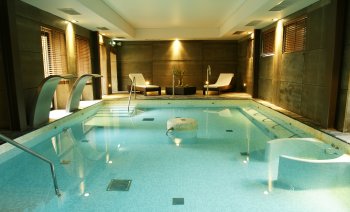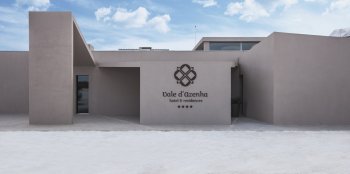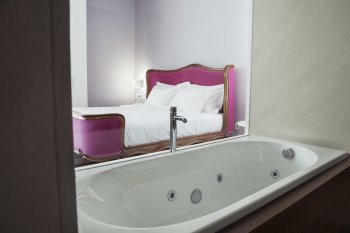Alcobaça
Long before the Christian presence that profoundly marked the history of Alcobaça, humans had already occupied these lands since primordial times, judging by the lithic material found that takes us back to the Paleolithic era. Romanization also left strong marks on the municipality, the best example of which is the Parreitas Archaeological Station. The establishment of the Cistercian Order, to whom the construction of the monastery in 1148 is attributed (a UNESCO World Heritage Site), marked the cultural, social, and economic development of the region. Today, the focus is on the construction of modern industrial areas, cultural, educational, sporting, and environmental infrastructure, without ever neglecting traditions.
What to do in Alcobaça
Where to eat in Alcobaça
Portuguese, Regional
15.00 €
O restaurante António Padeiro, em Alcobaça, começou por, em 1938, ser uma simples tasca, onde era c…
Contemporary, Vegetarian, World Food
20.00 €
Elegante e moderno, este winebar gastronómico destaca-se pelas vistas sobre o oceano e pelo menu pa…
Portuguese
25.00 €
O restaurante do Real Abadia Congress & Spa Hotel, apesar de ter aberto as portas em 2013, assumiu …
Portuguese
20.00 €
A restaurant with a familiar decor, wood on the ceiling, old tiles on the walls and bricks on th fl…
Portuguese, Seafood restaurant
20.00 €
With a good view over the Bay of São Martinho, nothing better to do than sit here while feasting se…
Portuguese, Seafood restaurant
15.00 €
A restaurant located by the Paredes de Vitória beach, that specializes in fish dishes.
Mediterranean
10.00 €
A restaurant with panoramic views of the São Martinho do Porto bay. It specializes in fish dishes. …
Where to sleep in Alcobaça
4 star
Located on the outskirts of the historic town of Alcobaça, Your Hotel & SPA is a place of refuge and tranquillity, that combines the balance of nature engaging…
4 star
Inaugurado no verão de 2015, o Vale d’Azenha Hotel & Residences, localiza-se perto de Alcobaça e vai beber inpsiração nos produtos e história da Região Oeste. …
4 star
O Real Abadia Congress & Spa Hotel abriu em Abril de 2013, a três quilómetros do Mosteiro de Alcobaça. Este quatro estrelas tem 32 quartos, duas suites júnior …
Near Alcobaça
Pedrógão Grande
Located in the extreme northwest of the Leiria district, Pedrógão Grande is part of the Pinhal Norte area, considered the largest forest area in Euro…
Batalha
The municipality of Batalha belongs to the district of Leiria and is composed of four parishes. The maximum exponent of this municipality is the impo…
Ansião
Ansião is a small village in the district of Leiria, with a historical, architectural and cultural heritage that is worth knowing. Very marked by the…
Alvaiázere
Located in the center of the country, Alvaiázere is part of the district of Leiria. The fertile soils, the well-irrigated valleys and floodplains and…
